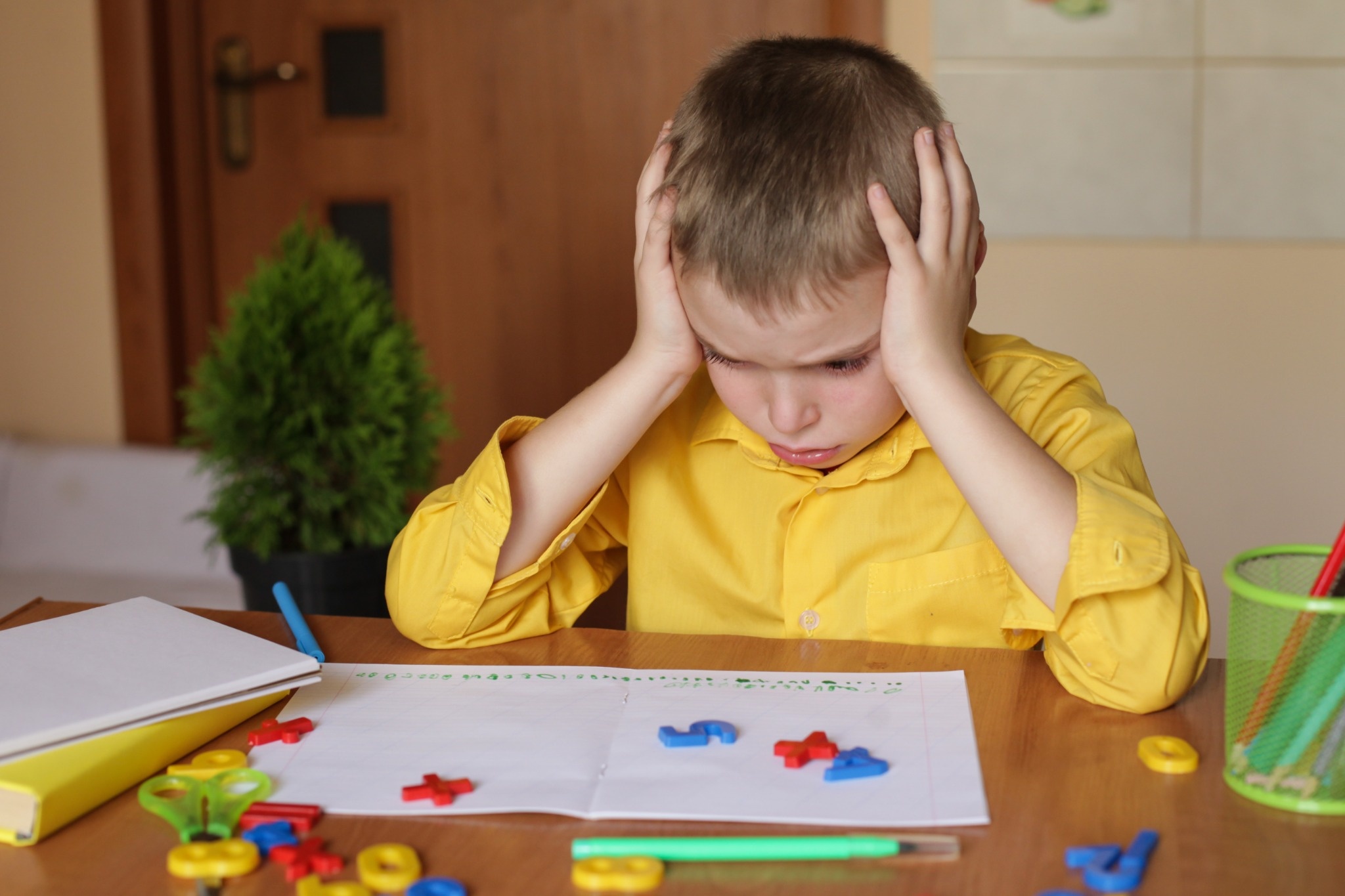As a parent, watching your child grow and learn is an incredible journey, but it can also be filled with questions and worries. You may find yourself wondering, “Is my child on track?” or “Should they be doing this by now?” That’s where motor skills milestones can offer some guidance and reassurance. These milestones are like gentle markers that help track your child’s physical development. They include gross motor skills, like crawling, walking, and jumping, as well as fine motor skills, such as grasping toys, stacking blocks, or using utensils. It’s important to remember that every child develops in their own unique way. Some may reach these milestones earlier, while others take a little longer. What matters most is staying tuned into their progress and supporting them with patience and love.
When it comes to motor skills milestones, it helps to have a general idea of what to expect. For instance, many babies begin crawling around 9 months, take their first independent steps by 18 months, and start building small block towers or feeding themselves with a spoon by age 2. These achievements in fine and gross motor skills are exciting moments, but they’re not rigid deadlines. If your little one is taking their time to meet a milestone, it doesn’t mean they’re falling behind. Instead of focusing on timelines, think of milestones as opportunities to celebrate your child’s growth and provide gentle support when needed. You’re doing an amazing job just by being there for them.

Signs of Potential Delays in Motor Development
You may occasionally notice things that leave you wondering if your little one is progressing as they should. While variations are normal, there are some signs that might point to a developmental delay in motor skills. For instance, if your child is struggling to sit independently by 9 months, hasn’t begun walking by 18 months, or seems to have difficulty manipulating objects like toys or utensils, it may be worth a closer look. These indicators don’t mean anything is “wrong” with your child—often, they simply highlight areas where a bit of extra support could make a big difference.
Recognizing potential delays early can be incredibly empowering. It’s not about labeling or comparing your child to others; it’s about understanding their unique needs and giving them the tools to thrive. Early recognition allows you to access resources, such as motor skills screenings or professional guidance, which can provide helpful insights and strategies. Remember, noticing a delay is an opportunity to take proactive steps to support their journey. With love, patience, and the right help, your child can overcome challenges and reach their full potential.

Why Early Motor Assessment Matters
When it comes to your child’s growth, early intervention can make a world of difference. That’s why an early motor assessment is such a valuable tool for parents who may have concerns about their child’s progress with motor skills milestones. These assessments are designed to identify challenges and, just as importantly, highlight your child’s strengths. By gaining a clearer picture of how your child is developing in areas like gross motor skills (crawling, walking) and fine motor skills (grasping, stacking), professionals can tailor support to meet your child’s unique needs. Early assessments are about finding ways to help your child flourish. If you’re noticing delays or would like to better understand your child’s development, a motor development assessment can provide the insight and guidance you need to support their growth with confidence.
It’s completely normal to feel apprehensive about taking this step. You may worry that an assessment could feel overwhelming or invasive, but the truth is, these evaluations are gentle and focused on empowering your child. For example, if your little one is taking longer to walk independently, an assessment can provide guidance on exercises or therapies that encourage their progress. Similarly, if grasping objects seems challenging, simple strategies introduced early can lead to big improvements. Think of an early motor assessment as a way to unlock your child’s potential, giving them the best possible foundation for their future. You’re not just addressing concerns—you’re opening doors to new opportunities for their growth and happiness.

Supporting Toddler Motor Development at Home
As a parent, you play a crucial role in helping your child develop motor skills at home. The good news is that supporting toddler motor development doesn’t have to be complicated—it can be woven into everyday play and interactions. For gross motor skills, activities like crawling races, obstacle courses, or even simple games of chase can help build strength and coordination. If your child is younger, tummy time is a wonderful way to encourage head and neck control. For fine motor skills, try engaging them with stacking blocks, threading large beads, or playing with toys that encourage grasping and hand-eye coordination. These activities not only promote development but also create bonding moments filled with joy and laughter.
Play is one of the most natural ways to support your child’s growth. Everyday routines can also become opportunities for fostering fine and gross motor skills. Encourage your little one to dance to their favorite songs, climb on playground equipment, or practice self-feeding during meals. Even tasks like helping to pick up toys or drawing with crayons can strengthen their coordination and dexterity. The key is to make these moments fun and pressure-free. When children feel encouraged and supported, they’re more likely to explore, try new things, and develop confidence in their abilities—all while making progress toward those important motor skills milestones.

When to Seek Professional Help for Autism-Related Motor Delays
If your child is not meeting motor skills milestones like crawling by 9 months, walking by 18 months, or showing difficulty with fine motor skills like grasping objects, it may be worth considering professional guidance. It’s especially important to keep an eye out for behaviors such as repetitive motor movements (e.g., hand-flapping, toe-walking), or if your child seems to be regressing in their motor skills, such as losing the ability to walk or grasp after they’ve already mastered it. These signs can be associated with autism spectrum disorder (ASD). Seeking help early is key to ensuring your child gets the support they need to grow up healthy. Remember, it’s okay to ask questions and advocate for your child’s unique developmental needs—your instincts are invaluable in this process.
If you’re considering taking an autism spectrum assessment, it’s important to understand what to expect. These assessments are designed to look at not just your child’s physical development but also their social, communication, and behavioral patterns. Professionals will assess how your child interacts, communicates, and behaves alongside evaluating motor skills such as gross motor skills (like walking) and fine motor skills (such as using their hands for grasping). The goal of this assessment is to understand the whole picture of your child’s development and create a tailored plan that meets their unique needs. It’s important to remember that these professionals are there to support—not to judge. They are there to help you navigate this journey and provide your child with the best possible care. The earlier you reach out for help, the more opportunities your child will have to thrive, so don’t hesitate to seek the guidance your child deserves.

Moving Forward with Confidence
Understanding motor skills milestones is a powerful tool for parents. By keeping track of your child’s physical development and addressing concerns early on, you’re supporting their growth in the best possible way. It's important to remember that delays in reaching certain milestones don’t define a child’s abilities or their future success. Every child’s path is unique, and with the right resources, support, and encouragement, your child can flourish. Delays in gross motor skills like walking or fine motor skills like grasping may feel worrisome, but with early intervention, children often make significant strides and develop in their own time. Trust in your ability to guide them, and know that they are capable of amazing things.
As you continue to observe and support your child’s development, trust your instincts. You know your child better than anyone, and if something doesn’t feel quite right, it’s okay to seek help. Collaborating with professionals through motor skills screenings or early motor assessments can create a supportive partnership focused on your child’s well-being. Remember, you don’t have to navigate this journey alone. With your love and the right guidance, every child can reach their fullest potential.





.svg)







.svg)






.svg)



.svg)



.png)




















